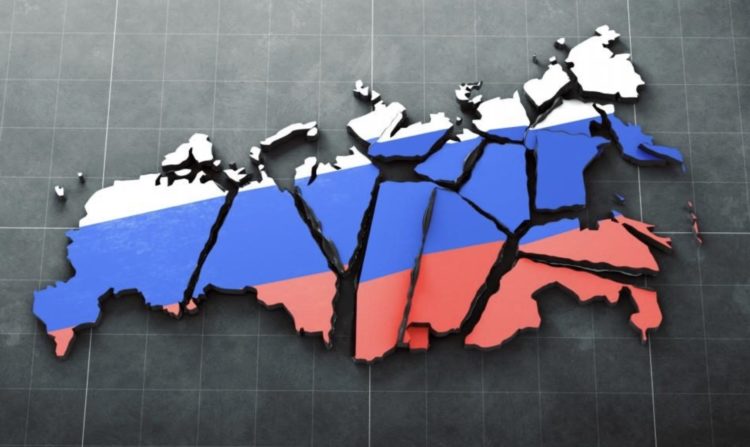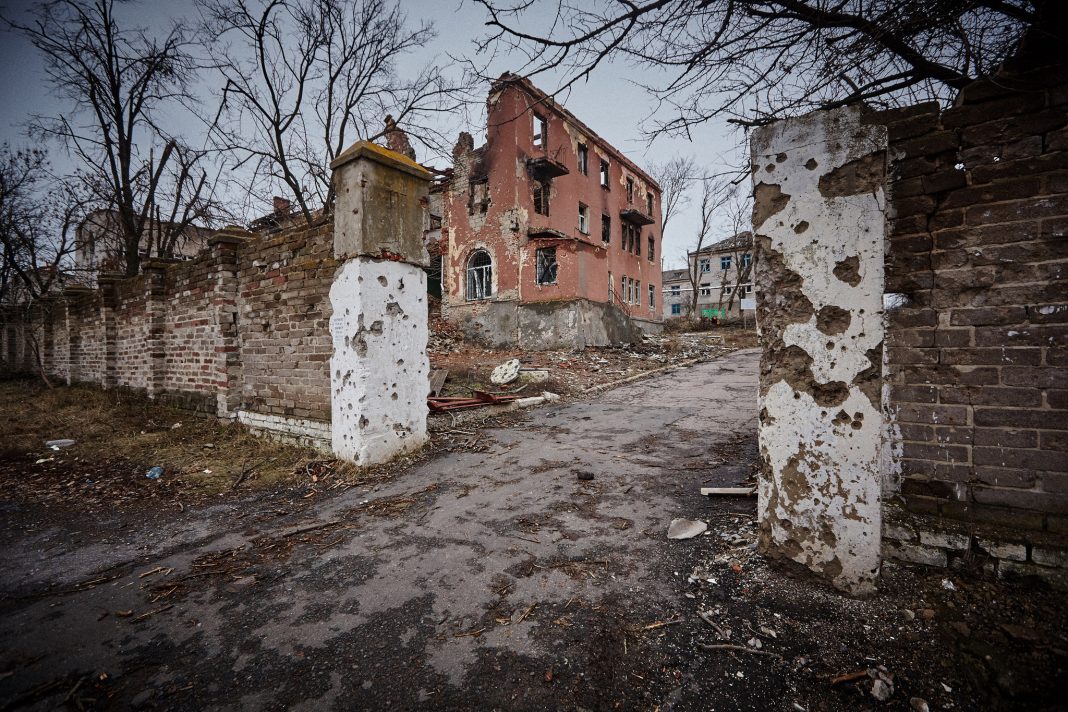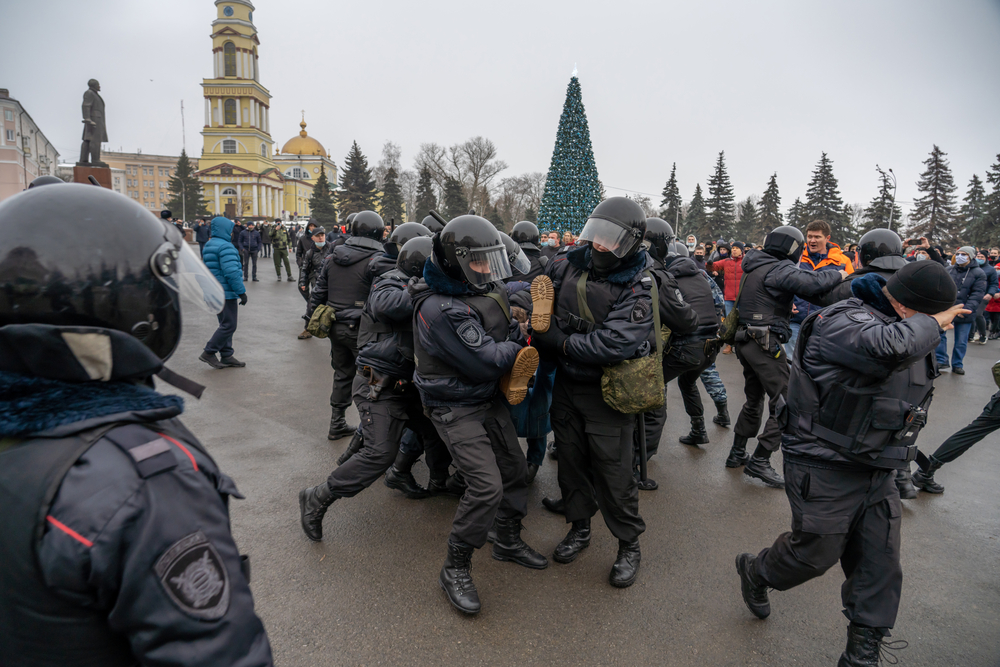If Russia disintegrates, there are ever more reasons to believe that it will due to the intensification of its domestic problems. As a result of Putin's disastrous war in Ukraine, its demise will be more prolonged, more violent, and more supported by the West than the collapse of the USSR in 1991.
By invading Ukraine, Putin has hastened the disintegration of Russia, Etkind says
These conclusions stem from a review of commentaries on the fate of the current empire compiled by the editors of Novaya Gazeta Europe. They need to be considered by those who welcome and support the end of the Moscow-centric state and those who fear and oppose it.
First, the impending disintegration of Russia will likely be far more prolonged. There is unlikely to be a Beloveshchaya moment. It is because Putin destroyed the kinds of institutions that existed in the late USSR. Therefore there will be a scramble for power.
By destroying these institutions, Putin probably believes he has forever saved Russia. However, as the author of these lines and others have long argued, Putin's actions have not so much restored the Soviet Union. His actions have restored the conditions that led to that empire's demise.
The Kremlin dictator is likely to be able to hold things together for longer than even his most optimistic nationalist and regionalist opponents believe. It is especially true because, unlike Gorbachev, he is not constrained by a fear of shedding massive amounts of blood. Putin may be able to delay Russia's demise. However, he is unlikely to prevent it permanently.
Second, the disintegration of Russia will almost certainly be far more violent. It is not only because Putin will make it so but also because there are more guns in private hands. Moreover, the emergence of regional and, in the case of Chechnya, republic armies could lead to their engagement if the situation deteriorates.
Muslims will trigger disintegration of new Russian empire, Ukrainian mufti says
Even at the end of the Soviet era, the organs of coercion operated within a single power vertical. That is less obvious now, and the cost is likely to be a violent one. All sides are involved, and many will be willing to use whatever weapons they have to pursue their goals.
Bashkirs launch armed underground movement against Russia’s war and for national independence
And third, and perhaps most importantly, the West's attitude towards the demise of Russia is changin
g. Given how often many in the West have taken credit for the collapse of the USSR since 1991, it is all too often forgotten that most of these same people supported the Soviet Union's continued existence right until the end.
Putin's war in Ukraine has led an increasing number of their successors to recognize that the real Russian problem is not merely Vladimir Putin. It is Russia, which is still an empire. As long as it is permitted to remain one, it will continue to challenge the international order.
That does not imply the West is engaged in or is about to launch any campaign to destroy Russia, as some of the more hysterical in Moscow already believe. Ukraine's appeals to the regions and nations within Russia have raised concerns in both Russia and the West.
It does, however, mean that the West will approach the demise of Russia very differently than it did the fall of the USSR. One hopes the West will approach it without the combination of triumphalism and neglect that characterized the earlier case but with greater understanding, involvement, and support.
Read also:




